Selling your home is a significant financial decision, and many homeowners are tempted to cut costs wherever possible. One common way to save money is by hiring a discount brokerage, which typically offers lower commission fees compared to traditional real estate agents. While this might seem like an attractive option upfront, it’s essential to understand the potential downsides before deciding if it’s the right choice for you.
Here are some key cons of hiring a discount brokerage to represent you in the sale of your property:
1. Limited Marketing and Exposure
Why it matters: In a competitive real estate market, maximum exposure is key to attracting serious buyers and receiving the best possible offers. Without robust marketing, your home might sit on the market longer or sell for less than it could.
2. Reduced Agent Availability and Support
Why it matters: Selling a home requires careful timing and responsiveness. Delays in communication or a lack of hands-on support could mean missed opportunities or unresolved issues that could harm your sale.
3. Fewer Negotiation Skills
Why it matters: Poor negotiation can lead to lower offers, more concessions to the buyer, or even a failed deal. In contrast, a seasoned negotiator can help you maximize your profit and ensure a smoother transaction.
4. Limited Services and Hidden Costs
Why it matters: You might end up paying out-of-pocket for services that full-service agents offer as part of their package. By the time you add up all the extras, the cost savings could be minimal or non existent.
5. Lower Selling Price
A skilled full-service agent may help you sell your home for tens of thousands more, far outweighing any savings from using a discount broker.
6. Potentially Lower Buyer Interest
Fewer buyer agents showing your property means fewer potential buyers, which can result in less competition for your home and fewer offers. In some cases, this could lead to your home sitting on the market longer or selling below your expectations.
While discount brokerages can save you money in upfront commission fees, the potential drawbacks could outweigh the savings. Limited marketing, reduced support, weaker negotiation skills, and hidden fees can result in a slower sale or a lower final sale price.
If maximizing your home’s exposure, selling for top dollar, and receiving dedicated attention throughout the process are important to you, it may be worth investing in a full-service real estate agent. Remember, selling your home is likely one of the largest financial transactions you’ll make, and cutting corners could cost you more in the long run.


 Facebook
Facebook
 X
X
 Pinterest
Pinterest
 Copy Link
Copy Link


